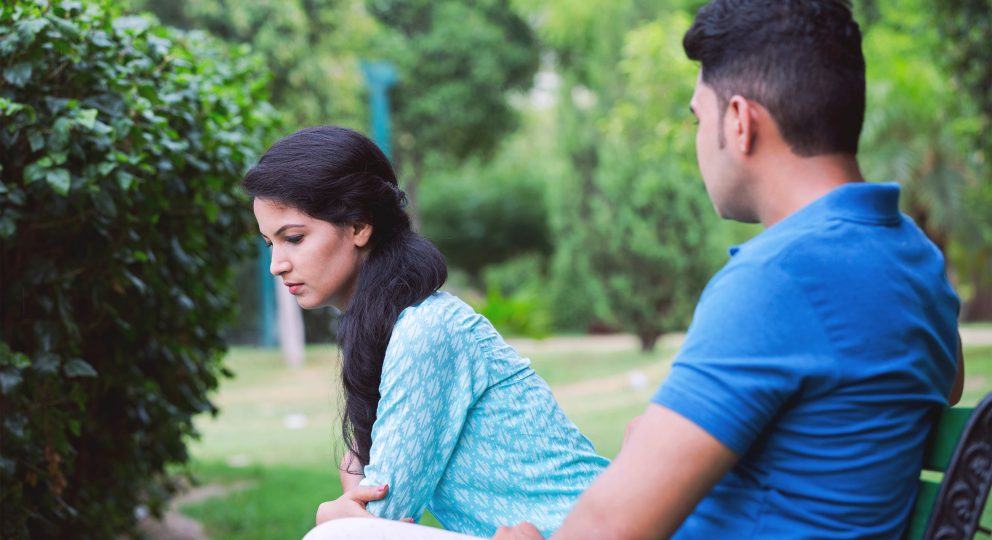In Recovery – What Now?
Addiction has impacted your relationship. While thankfully the addiction is being addressed through some sort of recovery approach, now you are sorting through what all this has meant. Most importantly you are trying to stay on track with your own recovery and wellness because you realize you have to. For too long you feel like you have lost yourself in what seemed like the endless series of bad consequences in the aftermath of each episode of the addiction.
There is so much to manage and to come to grips with. A lot of the time you feel overwhelmed, especially when the triggers get tripped. You try not to react, but sometimes you can’t stop it.
The good news is that there are recovery options for couples impacted by addiction. The recovering community extends open arms to those struggling with an addictive disorder and their partners, families, and friends. People whose lives have been touched by addiction know what it is like and can offer support, hope, and tools to recover from this powerful disorder.
Getting Direction
There are three paths to take at the same time. Individual and couple recoveries are not mutually exclusive. The overall approach:
- Learn tools for managing conflict
- Deal with the baggage from the trauma of addiction
- Deal with the trauma of recovery and develop new relationship skills going forward
There are plenty of good reasons and times to only focus on one’s own recovery and not try to deal with the relationship. Sometimes it’s a matter of timing, sometimes it has to do with simply not having any desire to have much of anything to do with the relationship. However, in those instances of living with recovery while also having to manage some aspect of the relationship – like shared parenting responsibilities, joint decision-making, or wanting healing in the relationship – then a relational approach to recovery should at least be considered with specific goals in mind, which obviously could vary greatly for each couple.
Self-Care and Relationship Care Are Not Mutually Exclusive
The path will not be easy, recovery is not easy, and there are risks for sure. Going forward with a couple approach boils down to simply wanting for things to be better in the relationship, regardless of why and to what end.
While you realize that self-care is the center piece of any good recovery program, you still have a relationship, and that too needs some attention and care. Things do not get automatically better when starting recovery, it takes understanding, effort, and patience.
For some, the position of avoiding the couple relationship is bound up in the fear of losing individual recovery. “What if the relationship trumps my own needs, just like it did during the addiction?” What if couple recovery included a strong emphasis on supporting each partner’s individual recovery?
We know from the research that the transition from active dependency to early recovery is very difficult on relationships – This is normal! Moving into recovery brings its own set of problems: it is new, unknown, and so much is going on that even though things are better in many ways since starting recovery, not everything seems better or easier. Unfortunately, the toll that addiction takes on couples is reflected in divorce rates that are estimated at four times higher than normal. Many divorces and break-ups occur after beginning recovery.
The idea that couples should not address their relationship issues until well into recovery is not supported by research. On the contrary, we know from longitudinal research that relationship wellness is one of the single biggest predictors of long-term recovery success. Perhaps the problem is that we have not given this idea of couple recovery much of a chance, nor provided the right tools for couples. The good news is that is starting to change.
Join the next Roadmap for the Journey workshop. Click here for more information.
Dr. Robert Navarra originally posted this article here.








